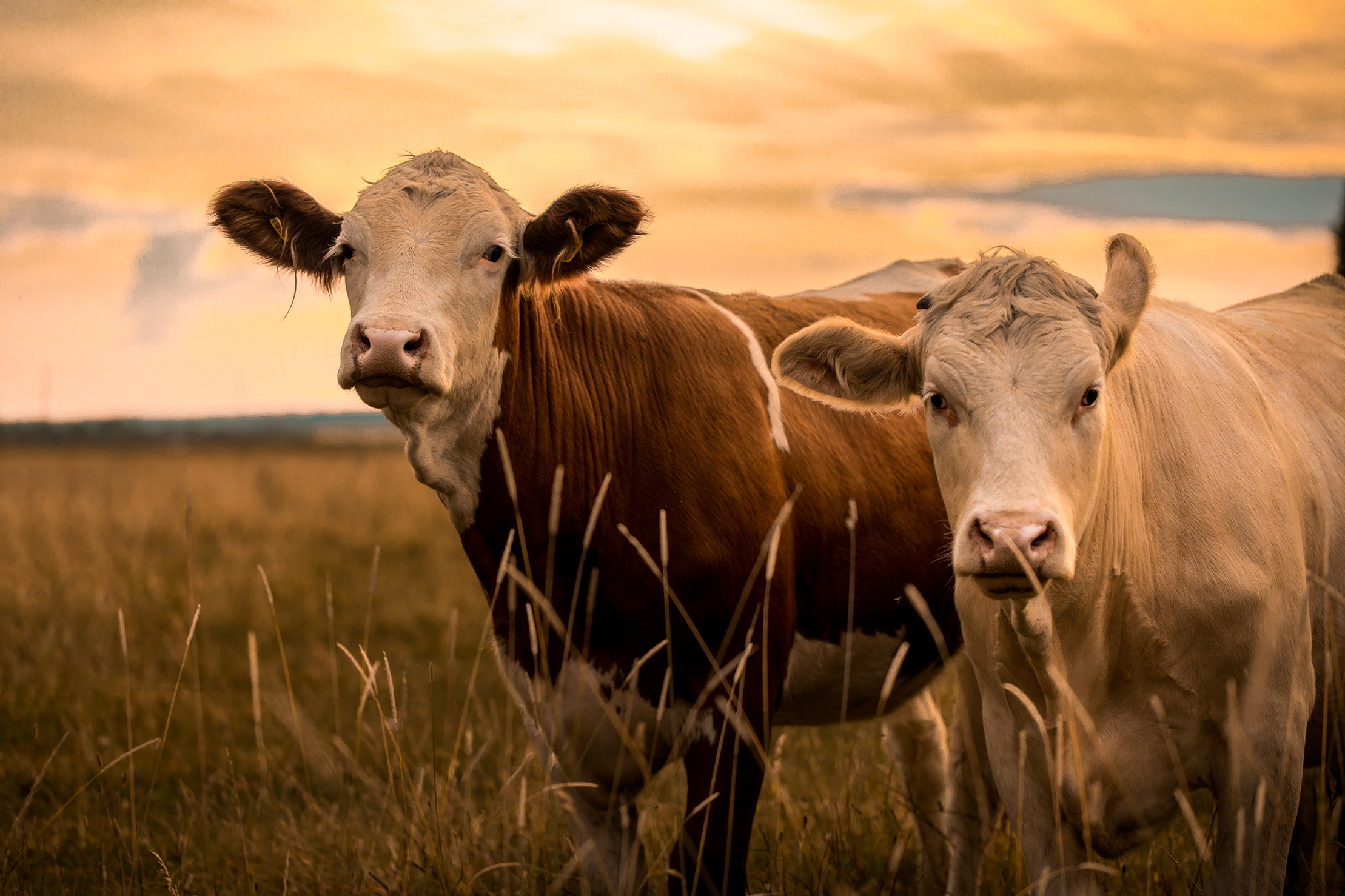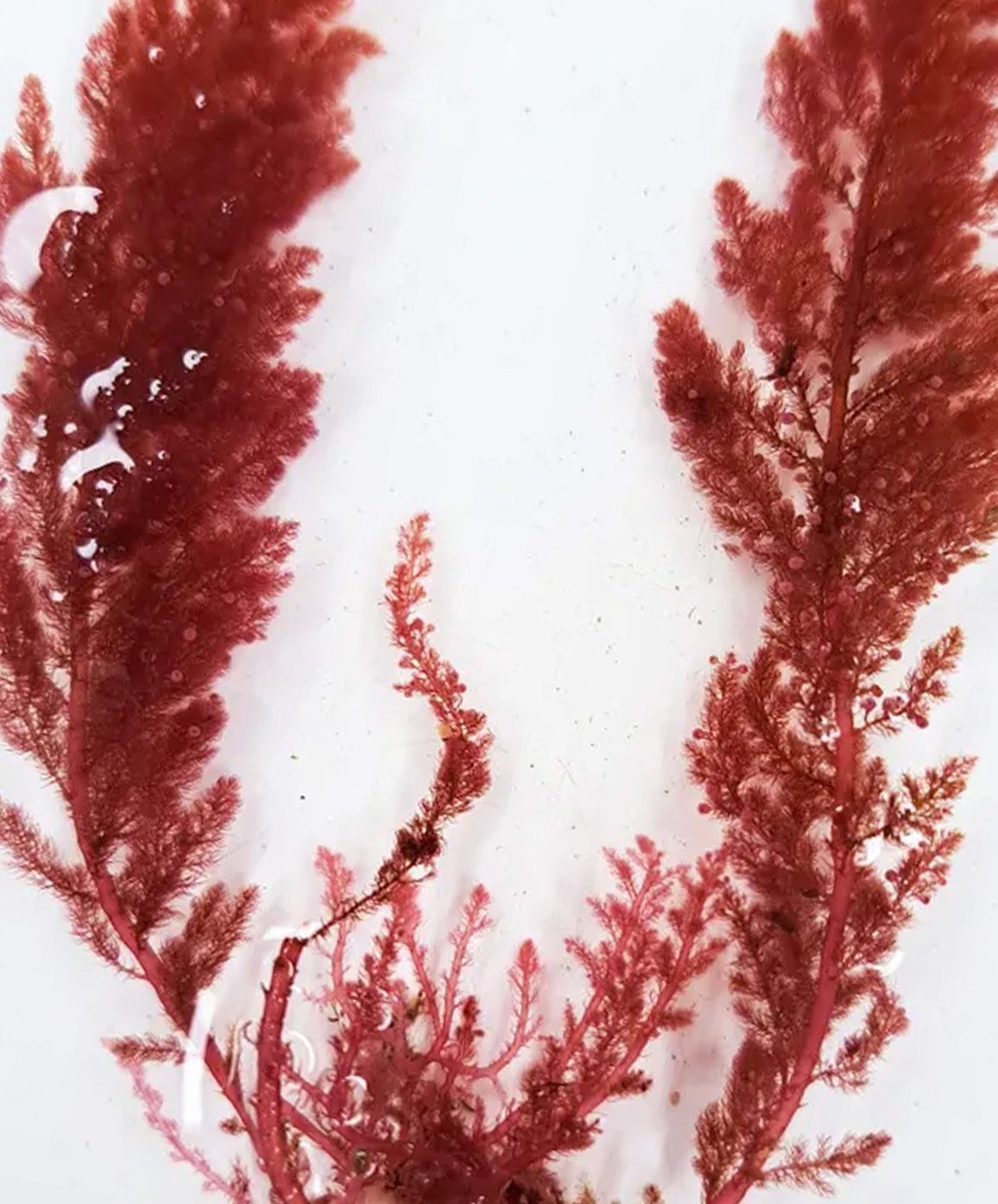As a Future Feed licensee, we are backed by a decade of world class science which has conclusively proven that Asparagopsis is extremely effective at reducing methane in ruminant animals.
Research has shown that it can reduce methane emissions by more than 80% when consumed at the low optimum level based on delivery of the bioactive marker identified as bromoform and that it is both safe for animal and subsequent human consumption.
The research was the result of a unique collaboration between a team of scientists from CSIRO and James Cook University, supported by Meat and Livestock Australia (MLA) more than a decade ago.
READ THE PEER REVIEWED PAPERS






